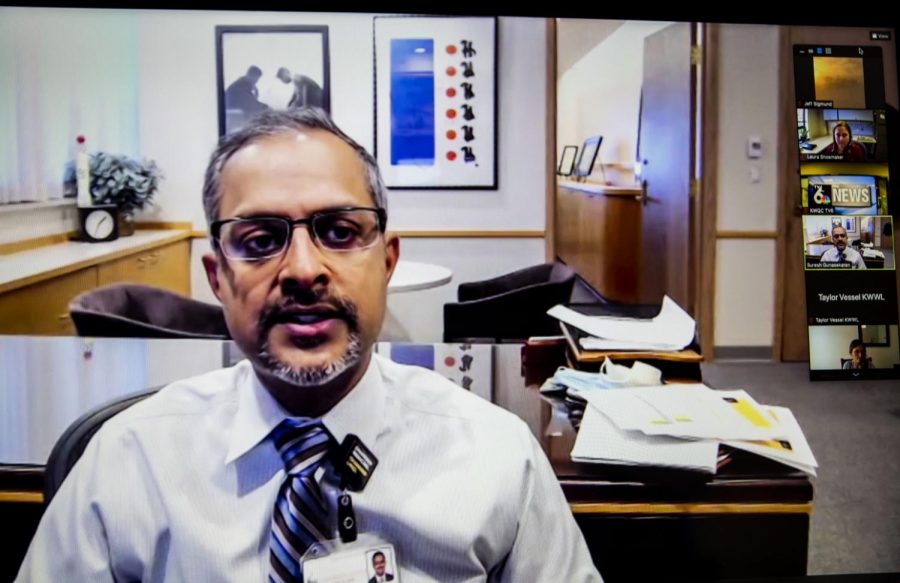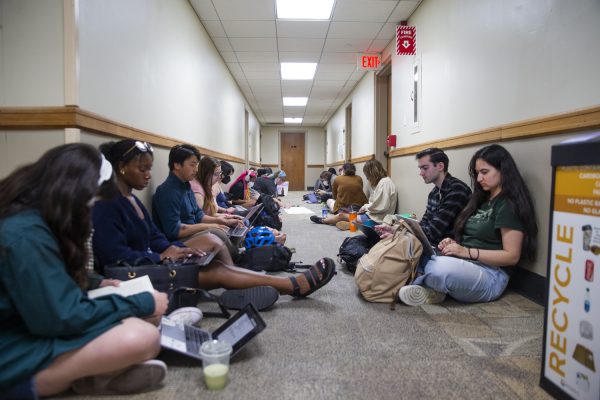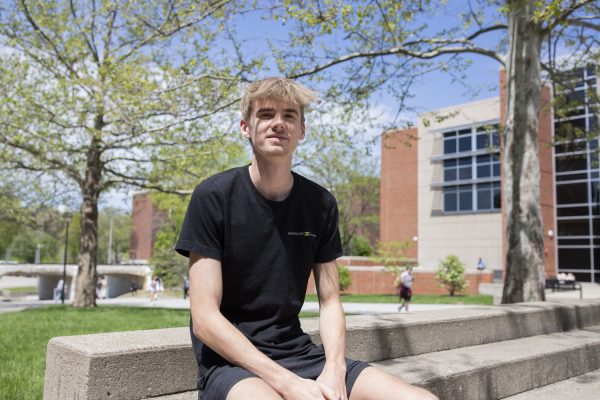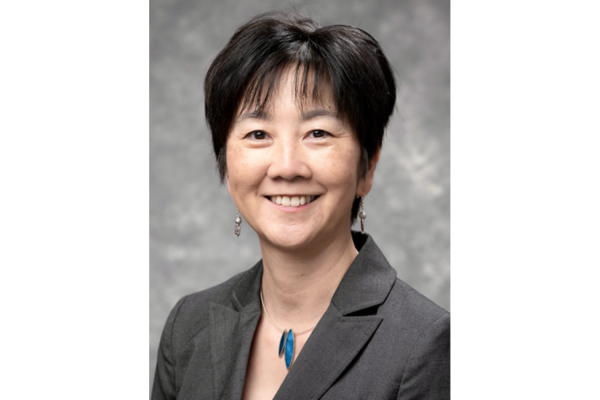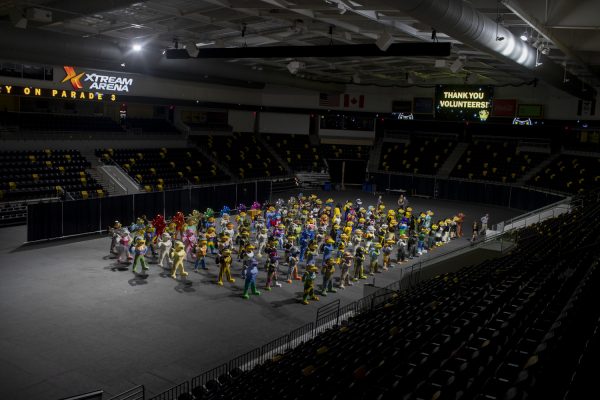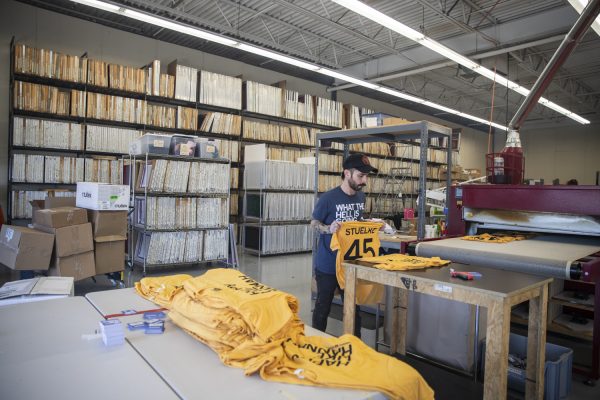UI Health Care employees tiring out from marathon pandemic
University of Iowa Hospitals and Clinics CEO Suresh Gunasekaran said staff members are overwhelmed with the influx of COVID-19 cases.
University of Iowa Hospitals and Clinics CEO Suresh Gunasekaran speaks at a virtual press conference on Sept. 22.
September 22, 2021
The staff of University of Iowa Hospitals and Clinics remain “exhausted” as employees continue to endure the brunt of the COVID-19 pandemic as cases remain steady in Johnson County.
UIHC CEO Suresh Gunasekaran, who is the associate vice president of UI Health Care, said he and his team are concerned with the rise of non-COVID-19 patients happening simultaneously with COVID-19 positive patients, as beds are just as full for non-COVID-19 care.
“Even when COVID volumes were strong in prior stages of the pandemic, other kinds of health care volumes were lower, because patients weren’t seeking care at the same levels that they were today,” he said. “We now have this additional work.”
The hospital is at full capacity for ICU patients, with 47 patients currently in the ICU, according to the New York Times’ hospital ICU tracker.
The hospital is reporting 37 adult and eight pediatric COVID-19 patients, according to its website.
Gunasekaran said he’s not necessarily alarmed by the number of novel coronavirus patients in the hospital or the number of patients that are testing positive during this phase of the pandemic dominated by new variants, but rather the toll it’s taking on workers.
“Today, what we’re most concerned about is just how difficult it’s been for our staff,” he said. “It has been a very long process of a lot of workload that is consistently coming our way.”
Gunasekaran added that his team is anxious about how long the pandemic will continue to evolve.
“We are paying a heavy price in terms of the mental health of our workforce, and in terms of the physical workload that they see day in — day out.”
Gunasekaran said he, along with staff, are starting to view COVID-19 as a long-term issue, as the world approaches year two of the pandemic.
He said the issue shouldn’t be whether the health care system will be overwhelmed, but how long its workers can sustain such pressures.
“This pandemic has become a marathon and not a sprint,” he said. “I think that the health care system isn’t going to be overwhelmed in my opinion. I think the new concept is when is the health care system going to tire out? It’s an endurance question, not an overwhelmed one.”



